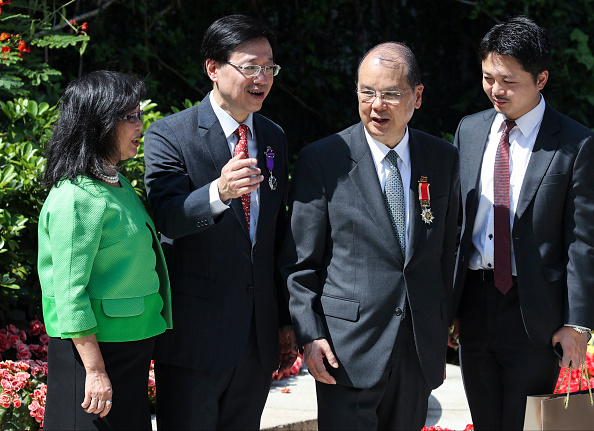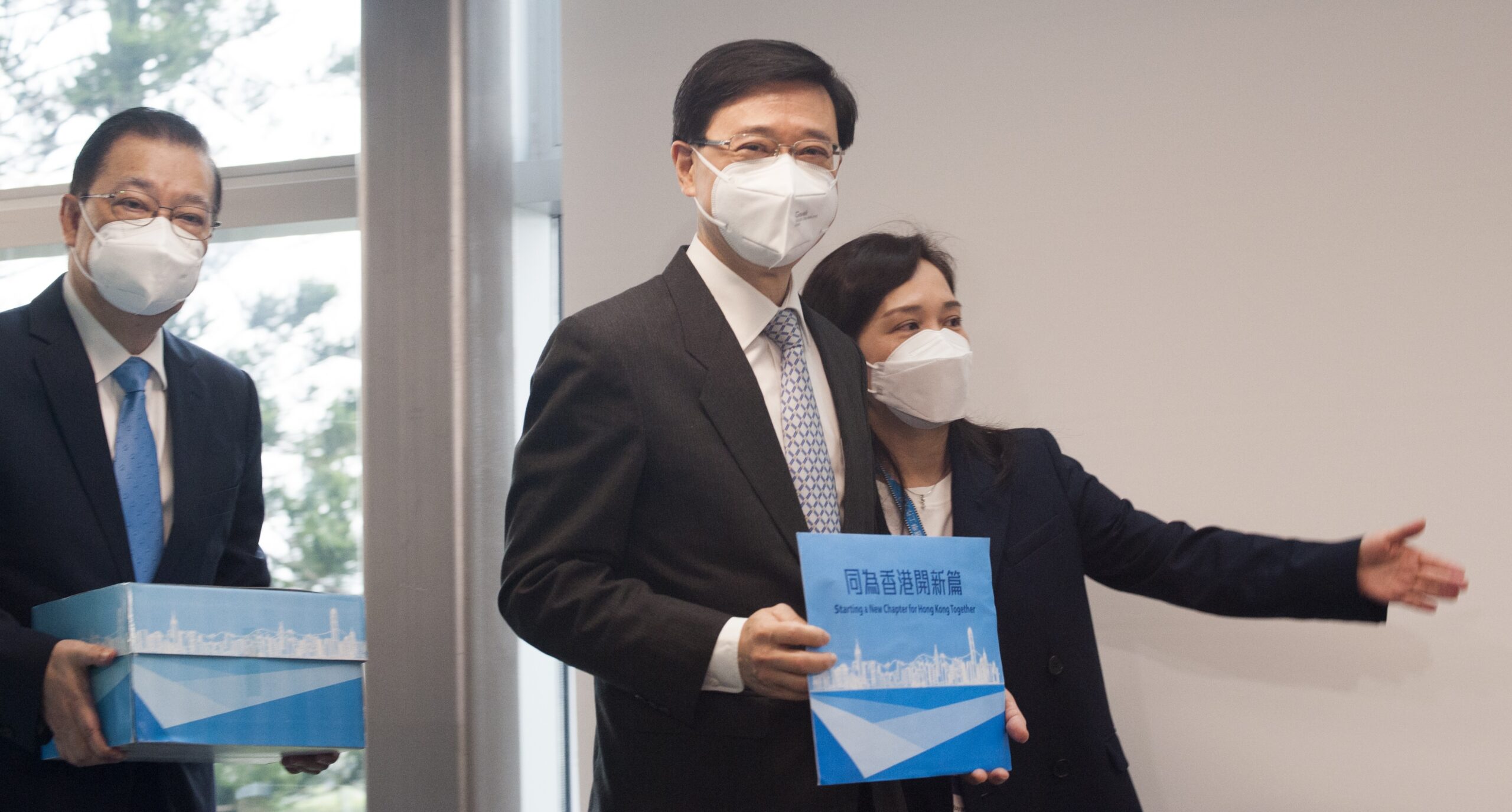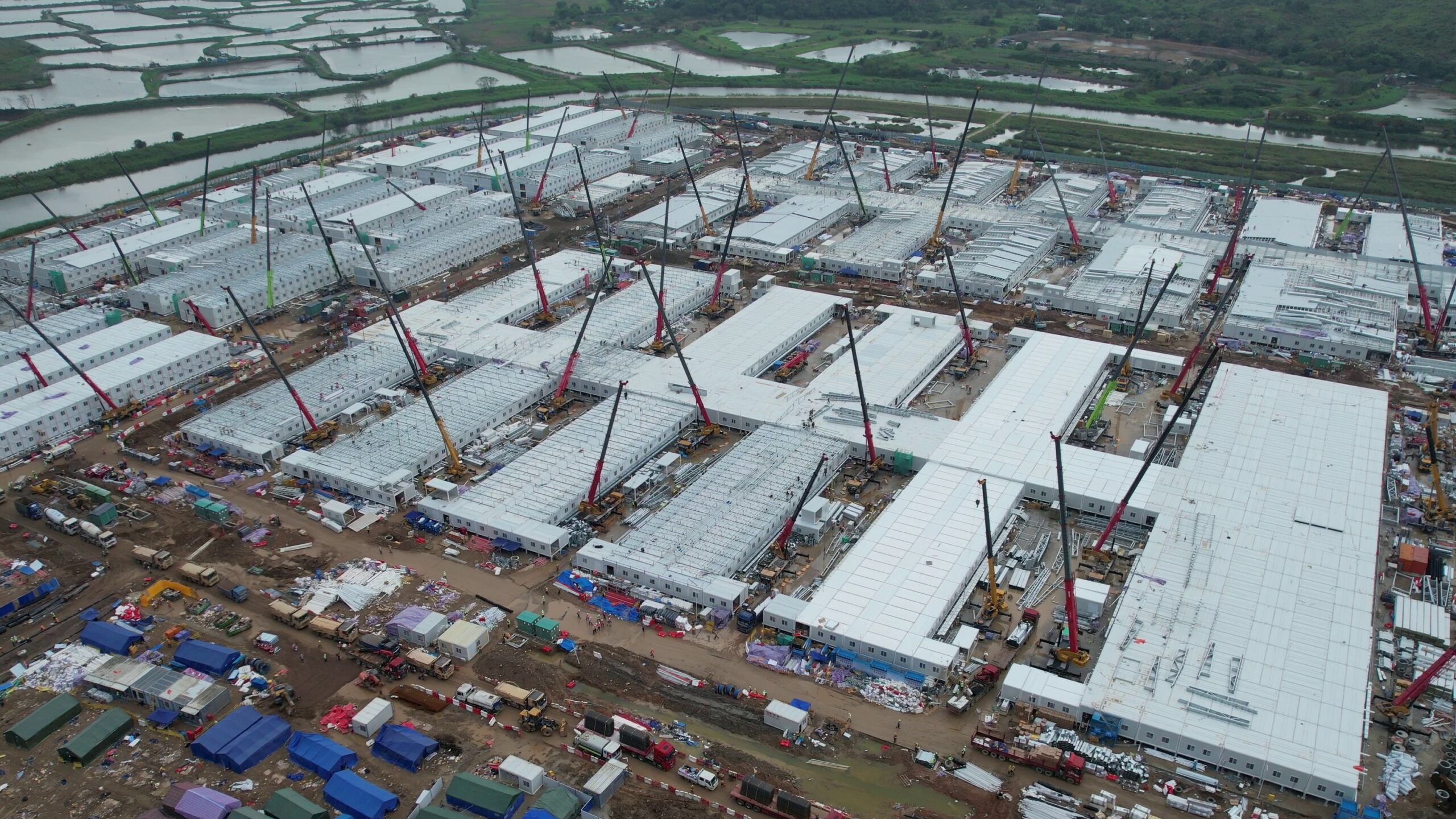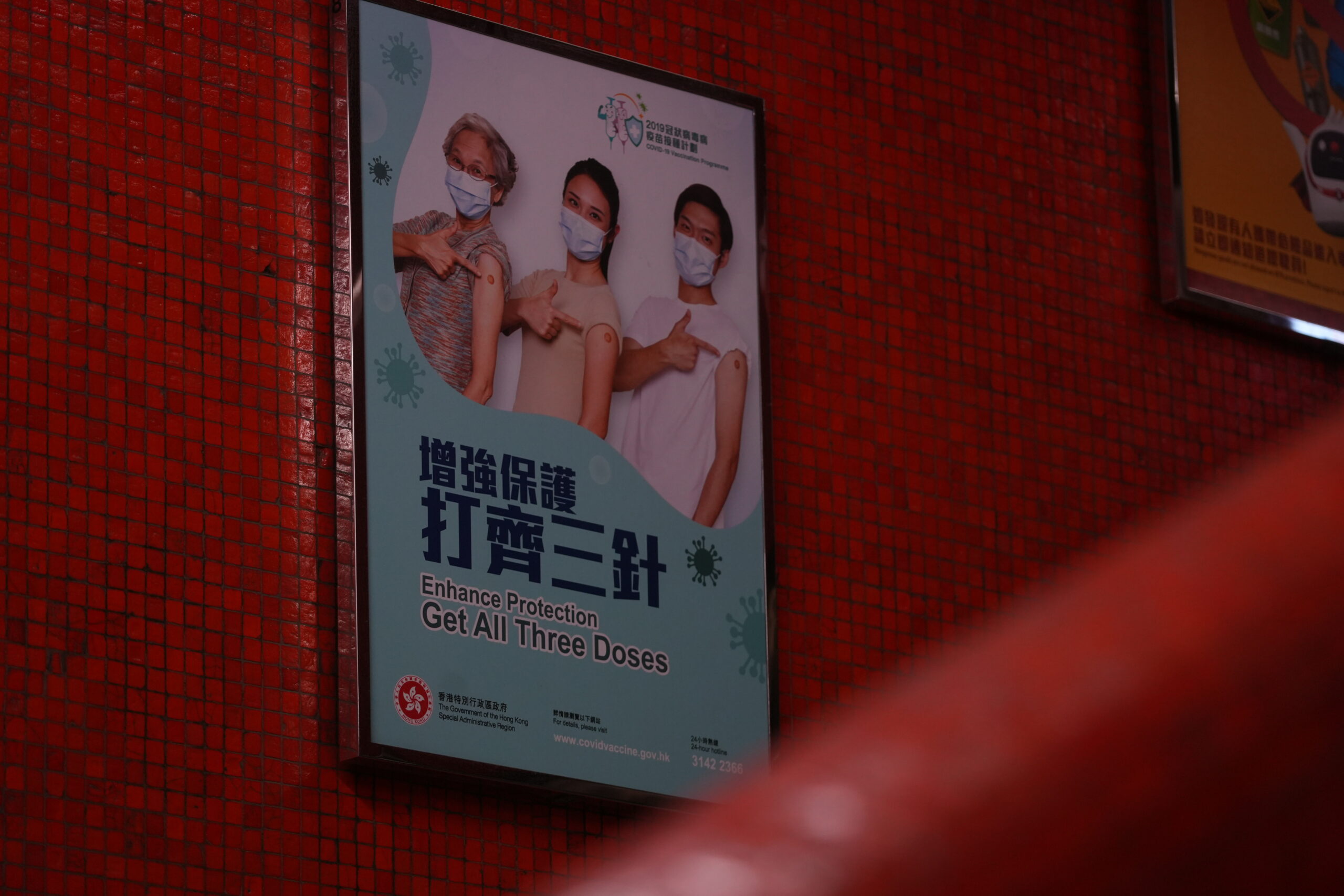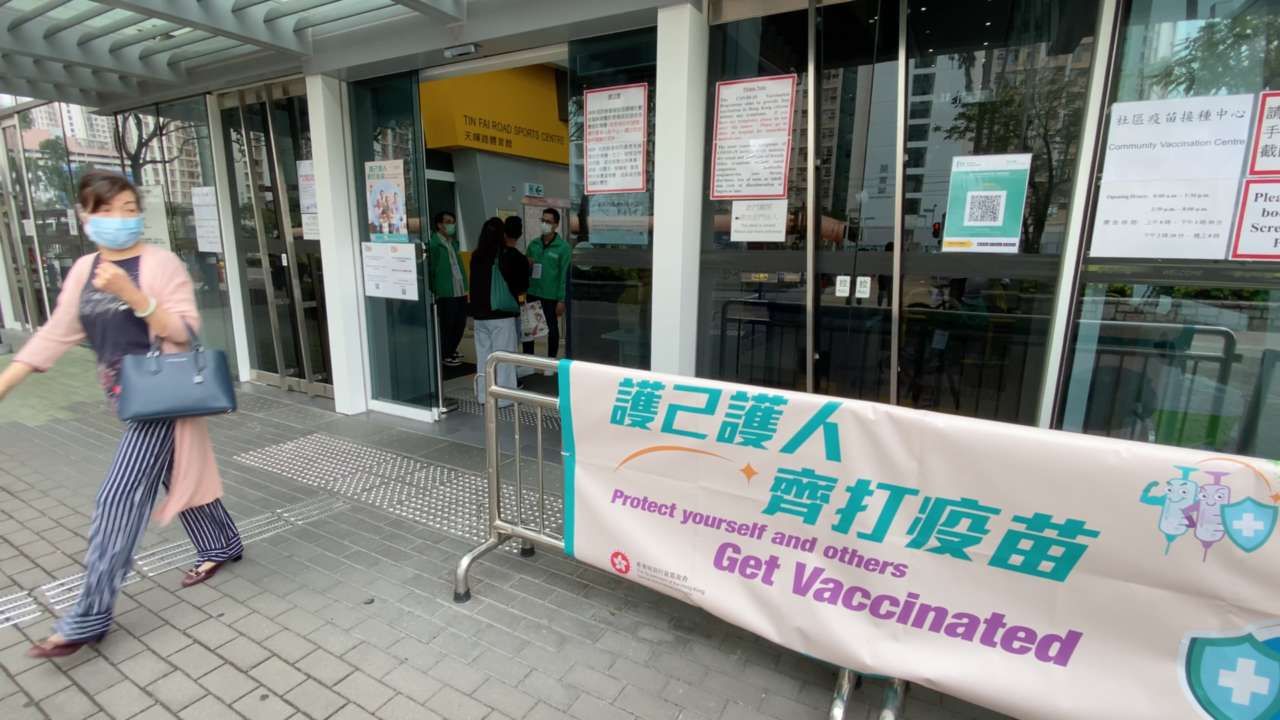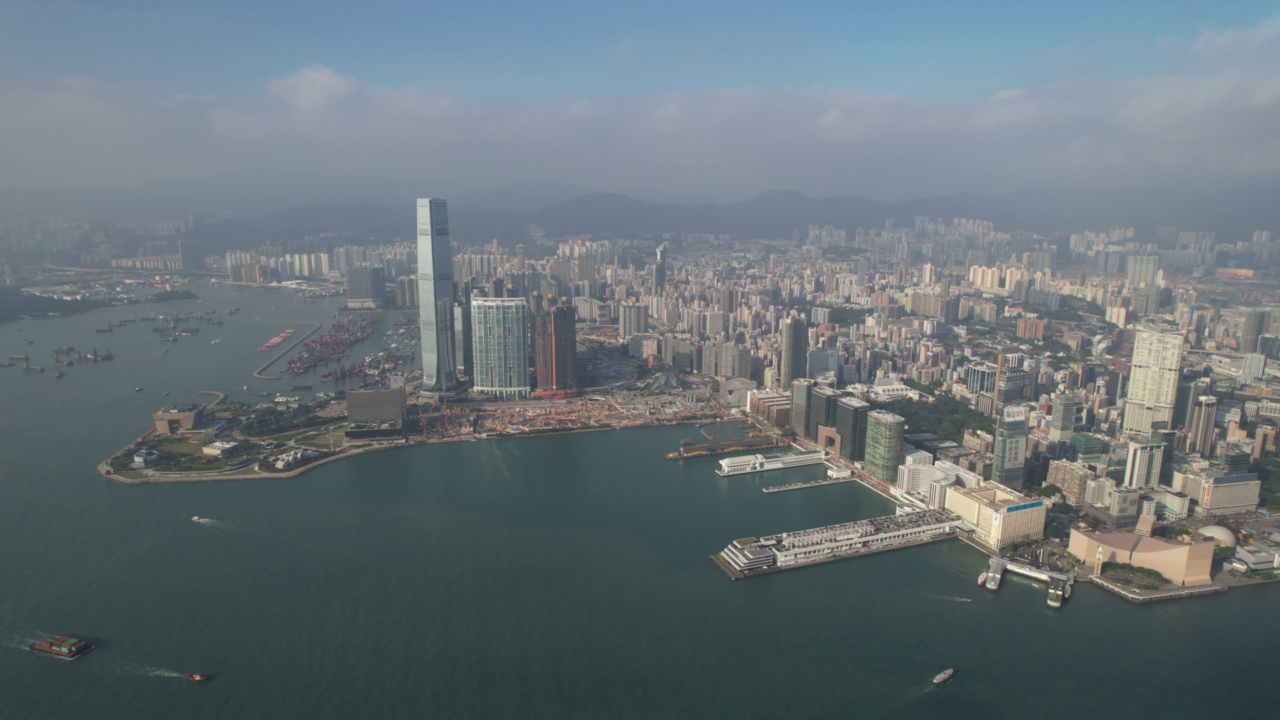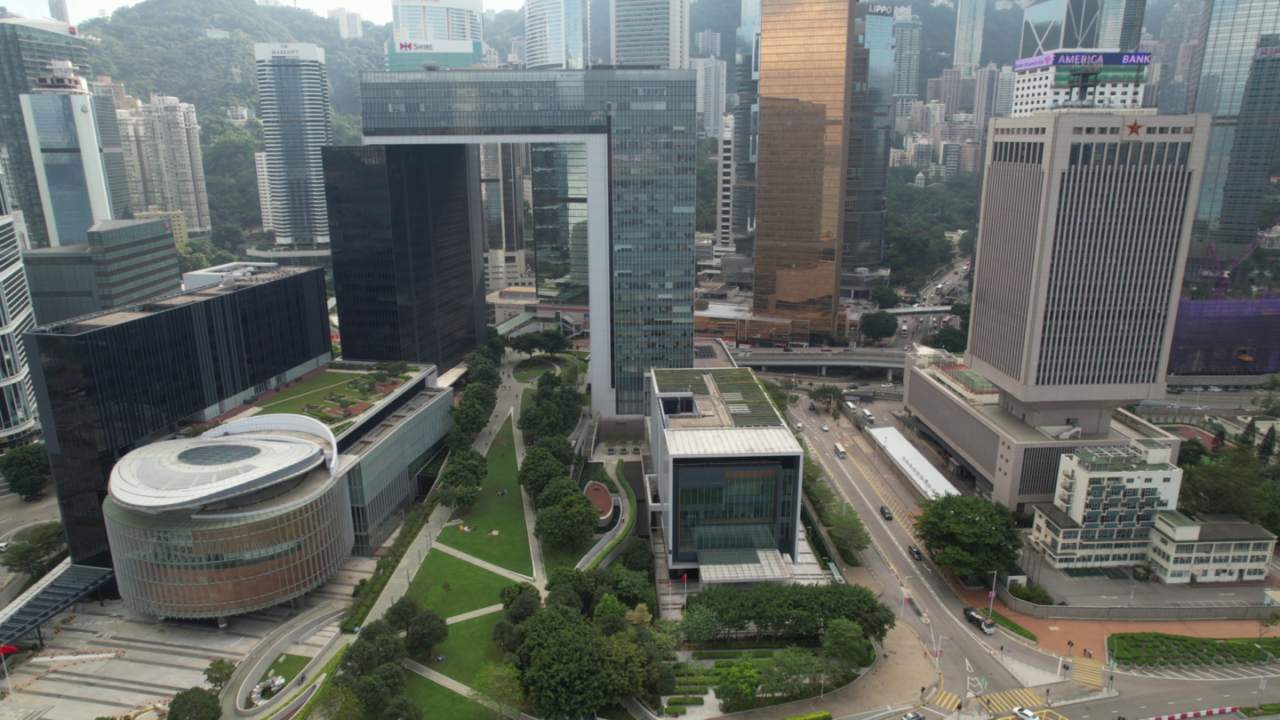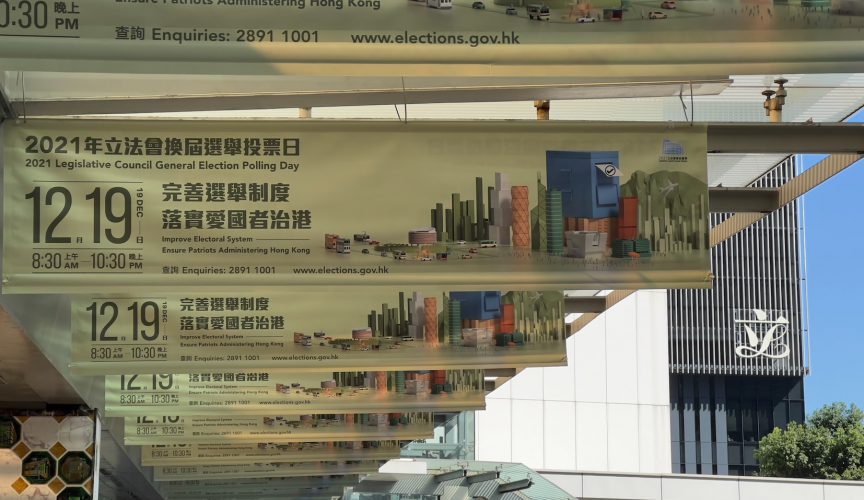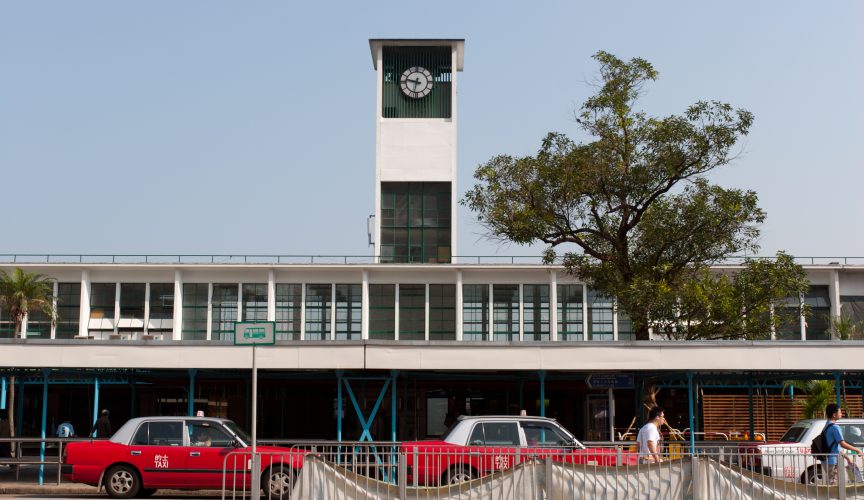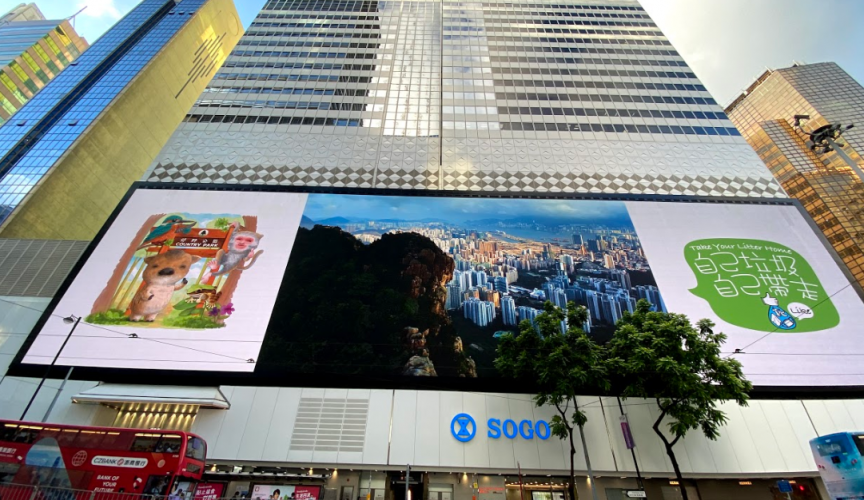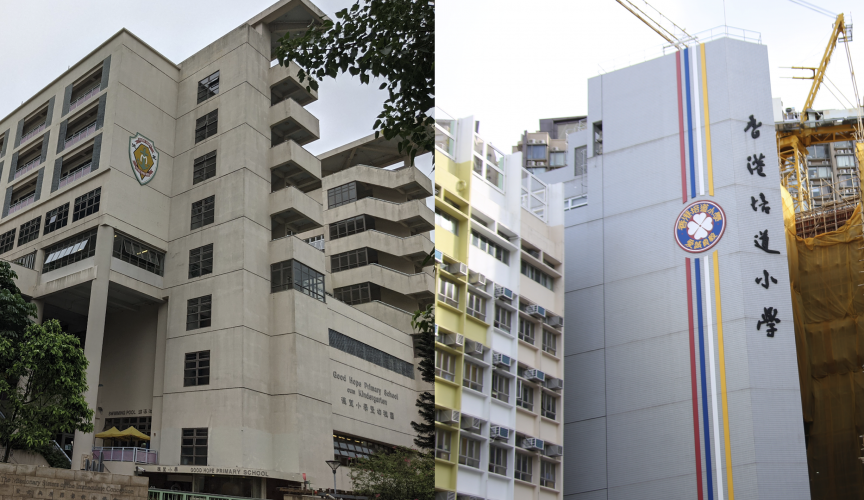The Ombudsman has slammed the Housing Society in a damning report for repeatedly refusing to name the academics appointed to advise on building flats on the fringes of Hong Kong’s country parks.
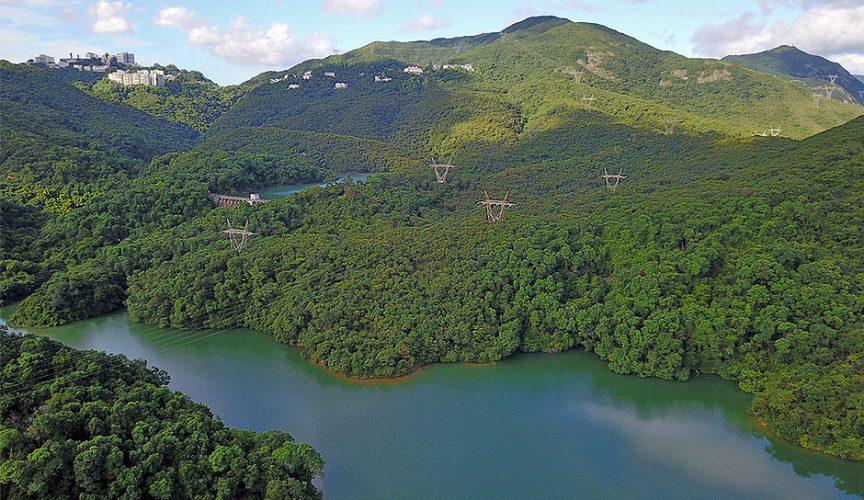
The Ombudsman has slammed the Housing Society in a damning report for repeatedly refusing to name the academics appointed to advise on building flats on the fringes of Hong Kong’s country parks.
The report, completed in October and released to FactWire, reveals tense debates between the two organisations over whether the identities of the external expert advisors should be disclosed under the Code on Access to Information.
An independent panel was set up in 2017 to select a consultant who would study the feasibility of developing the periphery of Tai Lam and Ma On Shan country parks for public housing and elderly homes, after the government invited the not-for-profit organisation to oversee the controversial study.
The move was at the time criticised for excluding the Country and Marine Parks Board, an advisory body under the Agriculture, Fisheries and Conservation Department (AFCD), from the study.
At a meeting with the advisory board In November last year, the Housing Society chief executive Wong Kit-loong said the selection panel consisted of 12 scholars from eight local universities.
But he stopped short of disclosing their identities, saying he would only do so after seeking their consent.
Since the meeting, FactWire had made several access to information requests to the society regarding the names of the panel members, but were repeatedly refused on the grounds that such details were ‘third-party information’ and that the members did not agree to disclose their identities.
Following a formal complaint by FactWire in May, the Office of the Ombudsman has now found the society’s own code of practice on freedom of information to be ‘unreasonable’, saying it ‘could not agree with’ the reasoning behind the decision.
According to the report, the Housing Society initially told the watchdog in June and July that, since the responsibility of the 12 eternal advisors was limited to advising on ecological matters during the consultant selection process, ‘their identities were not directly related to the study and therefore, there was no public interest in revealing them’.
‘The public would be misled if the identities of the advisors were put under the spotlight while exposing them to external disturbance,’ the society argued, adding that media coverage of their background would also bring ‘intangible pressure’ on the advisors and therefore, ‘inhibit the frankness and candour of discussion’.
However, the Ombudsman countered in August that, the names of the panel members, who were appointed by the Housing Society, should not be considered as ‘third party information’.
It further said it could not agree there was no public interest in naming the advisors, as their opinions would have a significant impact on the scope of the ecological study to be included in the tender document.
‘Publishing the list of panel members could increase public understanding of the principles adopted by the Housing Society during the tendering exercise and confidence in the study, while facilitating public monitoring of potential conflicts of interest,’ the Ombudsman said in the report.
Given that media interest in the list was ‘inevitable’, the watchdog said it ‘struggled to understand’ why its disclosure would cause disturbance to the advisors.
Its investigation also did not find any evidence that the external advisors had expressed concerns over the disclosure of their identities, stating that ‘the office could not find any reason for such secrecy’.

The Ombudsman recommended the Housing Society disclose the names unless any of the panel members could demonstrate that the potential harm would outweigh the public interest in the disclosure.
The society, which, as a statutory body, adopts its own information access code, rejected the views of the Ombudsman in September, saying that it was ‘unfair and unreasonable’ to judge the case according to the government’s rules.
It further argued that its code of practice did not require the society to consider the public interest in a request for information, while restating that the involvement of the external advisors was only an internal matter.
In defending its decision not to disclose the names, the society also revealed that only five of the 12 external advisors replied when consulted on the matter, who were divided in their opinion.
The Ombudsman concluded in the report that, as a publicly-funded body tasked with an important public role, the Housing Society should be accountable to the public.
FactWire has spoken to dozens of local academics in the fields of environmental science, geography, real estate and urban planning, and found that some outspoken opponents of developing the periphery of country parks, including former Observatory chief Lam Chiu-ying, tree expert Jim Chi-yung, former AFCD director Wong Fook-yee and former chairman of the Advisory Council on the Environment Lam Kin-che, were not on the Housing Society’s selection panel.
FactWire has also been able to confirm the names of some panel members, who said the Housing Society required them to sign a non-disclosure agreement when they were first invited to join the panel, which forbid them to reveal their identities nor any information about their involvement.
One member said he did not know about the investigation by the Ombudsman, but agreed that the work of the panel should be open and transparent. ‘The current situation has become strange and unsatisfactory,’ he said.
In May 2017, the Housing Society, a statutory, non-profit-making body responsible for providing affordable homes, was asked by the government to conduct an 18-month feasibility study on building public flats and elderly homes on two 20-hectare sites on the edges of Tai Lam and Ma On Shan country parks.
Responding to criticism, the society said at the time that it had no predetermined position on the proposal. A consultancy firm has been chosen in April and is expected to complete baseline studies in 14 months.


